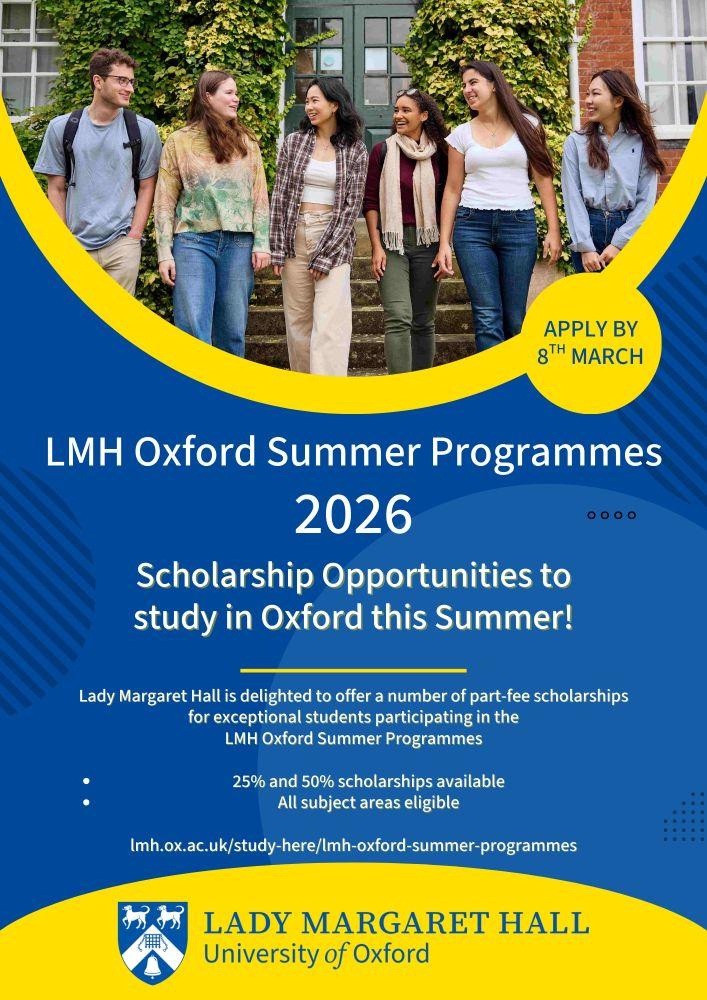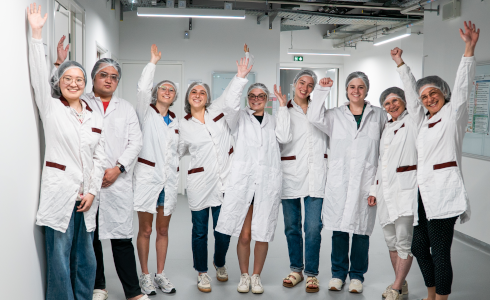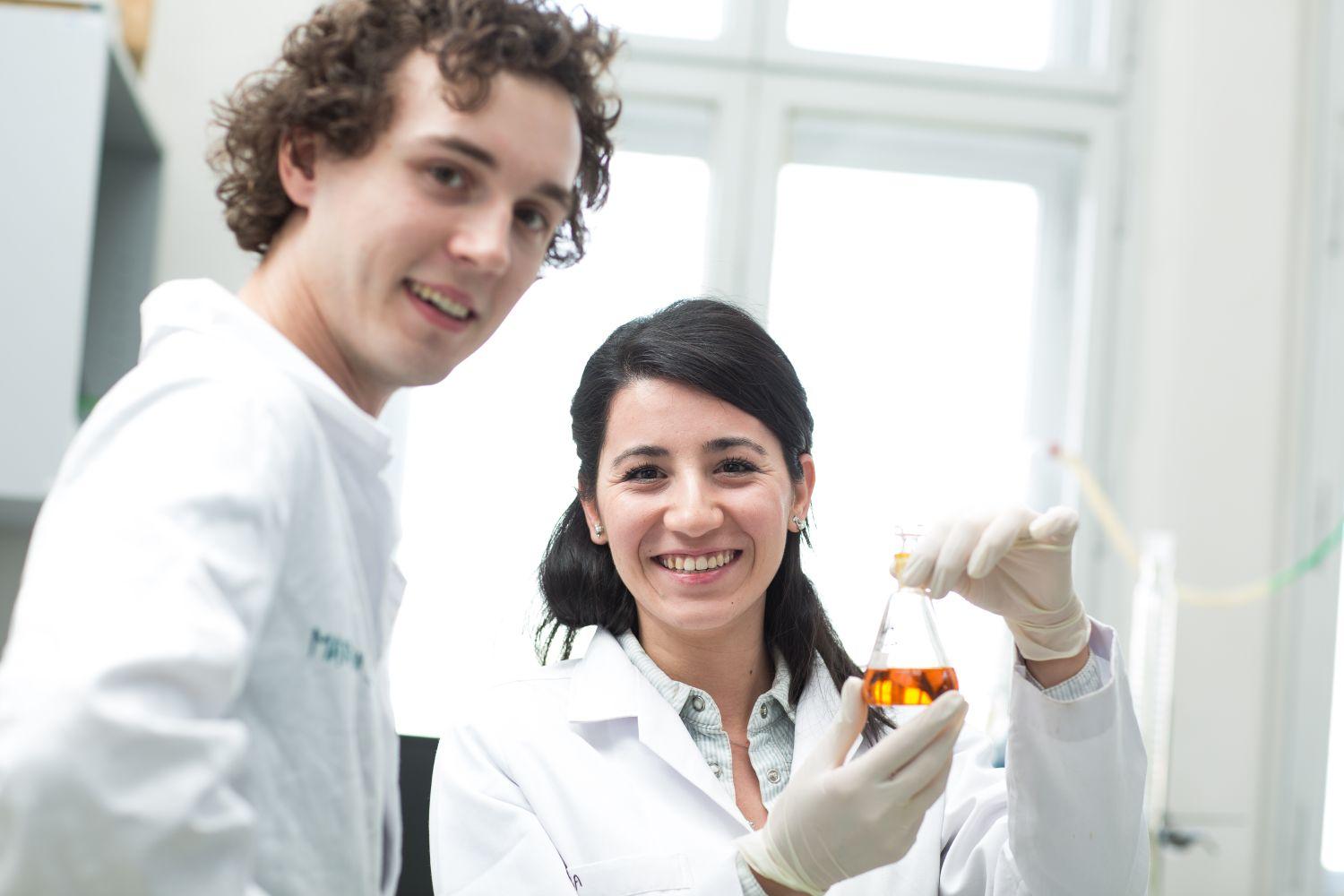Long Term Mobility
Long Term Mobility
Long Term Mobility
Long Term Mobility
Discover new opportunities, broaden your horizons, explore the world!
No matter where you go or how long you stay, you will always bring back unforgettable memories and unique experience. We will support you on long-term or short-term stays. So it's not a question of whether to go abroad to gain experience, but where to go and how long for :-)
You can apply for a study abroad program if your grade point average (for your entire studies to date) is below 2.0 or only slightly above. Your grade point average plays a major role in trips to popular destinations.
Doctoral students are excluded from this condition.
At the time of departure, you must have completed at least the first year of your bachelor's degree program.
There are various types of mobilities, differing in length and focus. It is possible to travel repeatedly – for example, under the Erasmus+ program, students are entitled to spend up to 12 months abroad during each study cycle, whether it be a bachelor's, master's, or doctoral program.
Programs you can travel with:
- Erasmus+ – study stays (3 to 12 months) at partner universities abroad, or practical internships (2 to 12 months) without any major restrictions on destination or institution.
- ATHENS – intensive week-long courses focused on research and development of various technologies in a wide range of fields, held twice a year (in March and November). Suitable for last year Bachelor students and Master students.
- BIP – Blended Intensive Program Erasmus + are short-term intensive programs using a combination of physical and virtual activities at various European universities. Physical activity (5 to 30 days) at the host institution complements virtual activity, allowing participants to meet with others and work together on specific tasks.
- Short-term mobility with MOBI short-term stays, so-called summer and winter schools or conferences of your choice.
- Double degree - is a specific type of partial study abroad.These are accredited study programs that take place at two partner universities.The domestic and foreign institutions have a specific study plan that meets the requirements for awarding a diploma at both schools. In practice, this means that you will spend part of your studies (one year for a master's degree) abroad and obtain a diploma from two universities at the same time within one program.While studying at a foreign university, you will receive the same scholarship as students participating in the Erasmus program.
- Erasmus MUNDUS - Erasmus Mundus is a prestigious international master's program involving cooperation between at least three universities. You study at least at two universities outside your home school and obtain either a joint degree or multiple degrees from all participating universities. The best students are guaranteed a scholarship. However, you can apply for any Erasmus Mundus program for your master's degree. For example, explore this catalog.
- IAESTE internships – internships in more than 80 countries around the world, where you can gain practical experience in your field and get paid for your work. Students at all levels of study, including doctoral students, and graduates within one year of completing their studies are eligible for IAESTE internships. The requirements for the type of study or number of years of study always depend on the specific internship offer, but in general, students can go abroad after their first year of study. Internships take place in private companies, research institutions, and universities, again depending on the specific offer.
- External scholarship programs – in addition to the above-mentioned programs, you can apply on your own for a scholarship provided, for example, by a German or Austrian scholarship program. Mainly for the full-time study abroad or traineeships. These programs are funded directly by the country in question and offer further opportunities for stays abroad.
Applications are usually submitted online to the International Office on the basis of a selection procedure.
Watch out for deadlines!
The criteria vary, but the basic requirement is to submit a complete application by the deadline. This is usually followed by an online interview, where you will present your plan and motivation.
TIP! You can earn bonus points for your trip, for example, by being a member of the ESN association as a buddy for students coming to the University of Chemistry and Technology or by completing a course in English!
Whether you are planning to study abroad on Erasmus or want to apply for a scholarship for a work placement abroad, don't delay with your preparations and application!
Study abroad programs require an estimated 1-2 months of research and consultation. The main application deadline for programs in the following academic year is in March.
Internship applications must be submitted so that your departure is at least one month after the selection process. These take place four times a year. We recommend that you always thoroughly research whether any of the external scholarships apply to you. More information futher on our website. If you decide to apply for one, we'll keep our fingers crossed for you! At the same time, we recommend that you also submit an application to us—as a backup in case it doesn't work out!
You can go abroad after completing the first year of your bachelor's degree. But be careful! If you plan to go abroad in the second year of your bachelor's degree, you must apply in the spring of your first year!
If you are considering going abroad in the first year of your master's degree, it is necessary to start arranging the formalities during your bachelor's degree.
Plan everything well in advance and carefully read what each program entails and what is required to submit an application. Don't leave things to the last few days before the deadline, as you will usually need to obtain a number of different signatures and the people concerned may not always be available.
At the beginning of the academic year, usually as part of ERASMUS DAYS!, we organize lectures on study abroad programs and other types of trips. Be sure to make time to come and listen to basic information on how to do it, hear about students' experiences with trips, and take advantage of the opportunity to ask questions.
Regarding your study plan, choice of subjects, and the general impact of the trip on your studies, always consult with the vice-dean of your faculty. There might be info sessions organized by them, watch out for your faculty information chanels.
Vice-deans for International Affairs:
FTOP - Ing. Hana Brunhoferová, Ph.D.
FCHT - Prof. Dr. Ing. Karel Bouzek
FPBT - Ing. Monika Tomaniová, Ph.D.
FCHI - doc. Ing. Pavel Hrnčiřík. Ph.D.
ÚEM - doc. Ing. Jan Vlachý, Ph.D. (all consultation firstly with Martina Novoveská)
VIce-deans for Education:
FTOP - Ing. Jan Bindzar, Ph.D
FCHT - Ing. Ondřej Kundrát, Ph.D
FPBT - doc. Ing. Petra Lipovová, Ph.D.
FCHI - doc. Ing. Karel Řehák, CSc.
ÚEM - doc. Ing. Jan Vlachý, Ph.D. (all consultation firstly with Martina Novoveská)
If you are lost in the information on the website, and need some administrative support, please reach out outgoing@vscht.cz .
Coordinator of Exchange Study stay ERASMUS+, BIP, MOBI (for Bc + Mgr students) programmes Office hours Monday 9:00 - 11:00 and Thursday 13:00 - 16:00. Other days upon prior arrangement only. |
Coordinator of Traineeship Abroad ERASMUS+, MOBI (for PhD) and ATHENS program Office hours Wednesday 9:00 - 11:00 and Friday 9:00 - 11:00. Other days upon prior arrangement only. |
Find information from students who have already gone. What do they say about the application process? What did they miss during their stay? What do they recommend? How did they manage financially? Would they go again? Search the archive of Takeovers at our Instagram (sorted by the country with a flag tag).
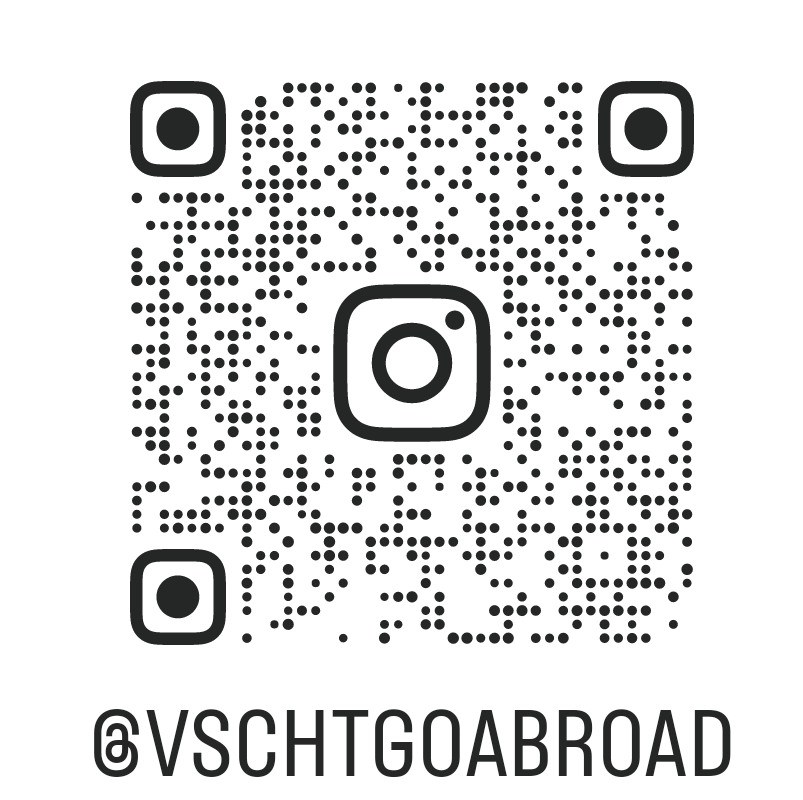
Not always. But it is possible. You may not always be able to take specific subjects for individual fields of study abroad and will then have to catch up on them after your return. However, an extra year of study offers the opportunity to gain additional experience in both school and extracurricular activities. The final decision on whether it is worth it is up to you (including all the pros and cons, or, for example, the financial aspects).
- Unfortunately, you still have to pay tuition fees at UCT Prague even when abroad.
Consult your dean's office about how and when to create a special study plan once you have at least a basic idea of where you are going and for how long.
If you need support, help organizing your thoughts, or advice, check out COSTABEX—a counseling and offline support program for students going abroad.
Here you will find all the important information related to your mobility, i.e., how to arrange your stay, accommodation, cultural adaptation, and much more.
For a traditional exchange study program, an inter-institutional agreement must be concluded. The most common and reliable option for you is to go on exchange study stay to our Erasmus partner universities. But if you haven't found your dream destination among them, there is another option.
UCT Prague has concluded more than 100 agreements called Memoranda of Understanding (MoU) with schools outside Europe. The agreements are focused for various opportunities. The subject of the agreement was not always student exchange, but some form of cooperation was always established. The fastest way to find out the current situation and possibilities for your exchange study is to contact their international department (incoming student coordinator) with reference to the MoU and ask under what conditions you can study there.
The MoU could secure you a tuition waiver, but this is not a rule! If you arrange such a study stay abroad, i.e., the school confirms that they can accept you, then you submit your application in the same way as other students for a support from the Erasmus+ program. However, keep in mind that if you also have to pay tuition fees, these costs will be your responsibility.
Scholarship
UCT Prague offers financial support from the ERASMUS+ program and from its own MOBI Mobility Support Program, which is used for short-term mobility and other, where ERASMUS+ resources are not allowed. If you are considering going on a traineeship or other short-term mobility (except Exchange Study Stay strongly linked to the Erasmus+ program), we always recommend checking the possibilities of external scholarships.
The amount of the scholarship varies depending on the destination. The scholarship is paid into your euro account specified in the Participation Agreement (financial agreement).
For deatiled information go here: Scholarship Erasmus+ and MOBI
Erasmus+ supports disadvantaged students
Are you in a difficult financial situation or do you have health restrictions that prevent you from going abroad without incurring extraordinary expenses for food or travel back to the Czech Republic for medical care?
Options for Erasmus+ scholarship top-up
Support for more environmentally friendly travel
If you are going on Erasmus, you can receive a higher contribution towards your travel costs if you use environmentally friendly means of transport for both ways. For more information, see the "travel costs" table in the scholarship overview.
Green travel means traveling to your destination by train, bus, or shared car (used by two or more participants) instead of by plane.
For more information, visit GREEN ERASMUS.
Calendar
Contacts - Outgoing Students Coordinators
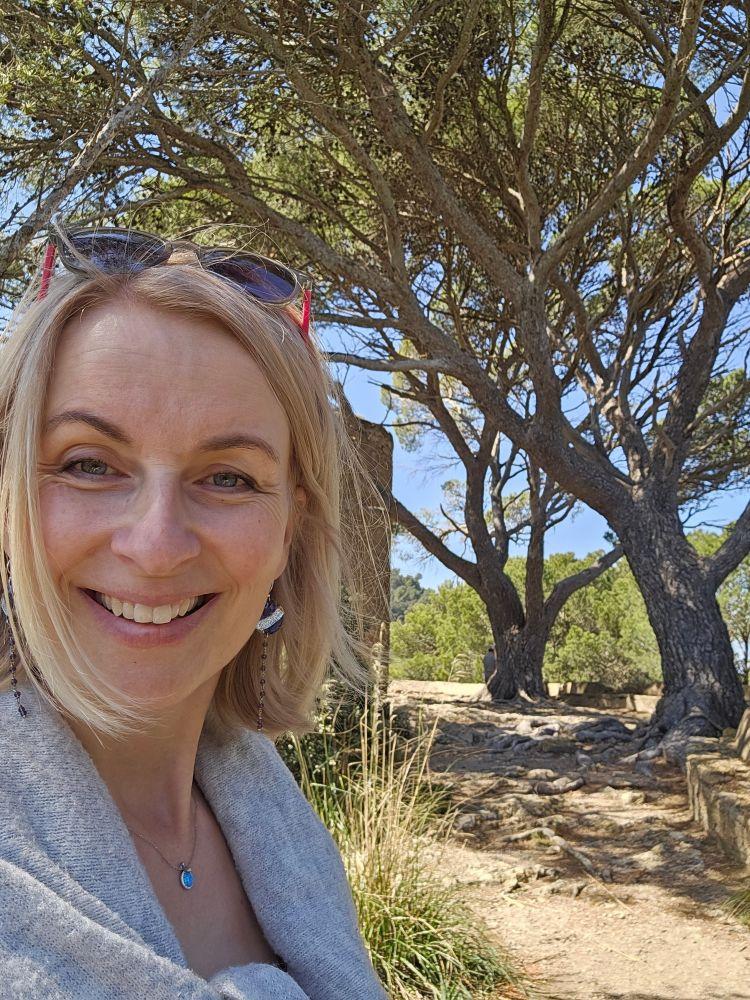
Bc. Lenka Polanská
Coordinator of programs ERASMUS+, MOBI, ATHENS lenka.polanska@vscht.cz +420220444309 B2311- Students on exchange study stay Erasmus+
- Short term mobilities of BSP and MSP students (summer school + BIP)
Office hours Monday 9:00 - 11:00 and Thursday 13:00 - 16:00.
Other days upon prior arrangement only.
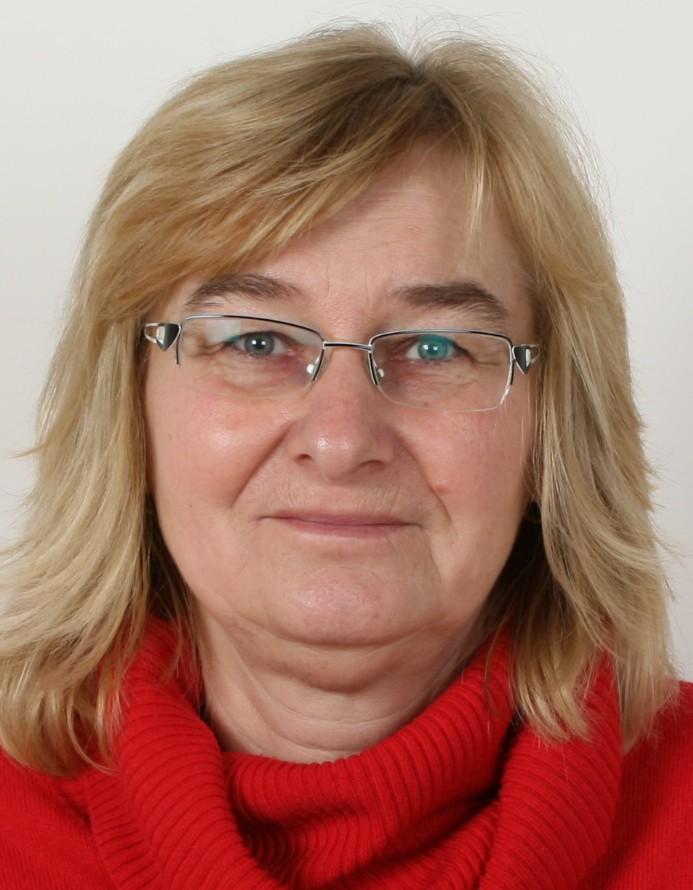
Ing. Jana Dudková
Coordinator of programs ERASMUS+, MOBI, ATHENS jana.dudkova@vscht.cz +420220444309- Students on traineeship
- Short term mobilities PhD students (conference)
- ATHENS program
Office hours Wednesday 9:00 - 11:00 and Friday 9:00 - 11:00.
Other days upon prior arrangement only.









